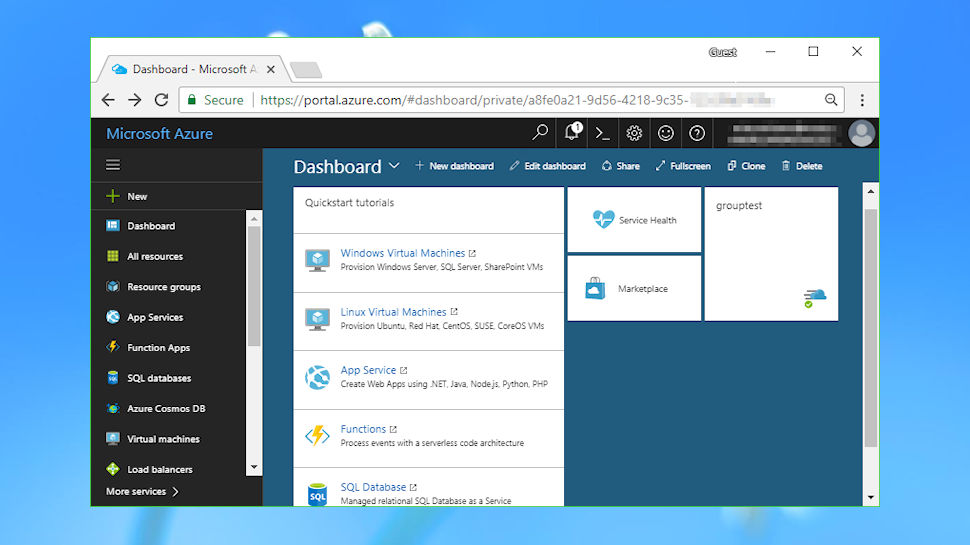
Microsoft Azure is an integrated collection of cloud tools for building, managing and supporting applications and services.
Solutions available cover hosting, backup, cloud computing, application development, e-commerce, monitoring, data analysis, and more.
Microsoft Azure also includes a Content Delivery Network. Unusually, this isn’t based around Microsoft’s own edge servers, and instead offers three plans using other CDN networks: Standard Akamai, Standard Verizon, and Premium Verizon.
One major benefit of using Azure is its integration with Microsoft technologies. You can quickly deploy it alongside other Azure storage or cloud services, for instance. The CDN can be managed from PowerShell or .NET, a big plus for many developers and sysadmins, as well as via a REST API and Node.js.
Azure’s ‘Standard Akamai’ plan covers the basics: custom domain name support (cdn.mydomain.com), HTTPS support with the CDN endpoint (but not a custom domain), geo-filtering (block access by country), HTTP/2 support, load balancing and DDoS protection.
The ‘Standard Verizon’ plan adds HTTPS support for custom domains and core analytics reports. That’s good news, although other CDNs often include these by default.
One not-so-common Standard Verizon addition is “asset pre-loading”, which enables specifying objects to be cached before they’re requested. The …read more
Source:: techradar.com – PC and Mac

 Previous post
Previous post
 Next post
Next post